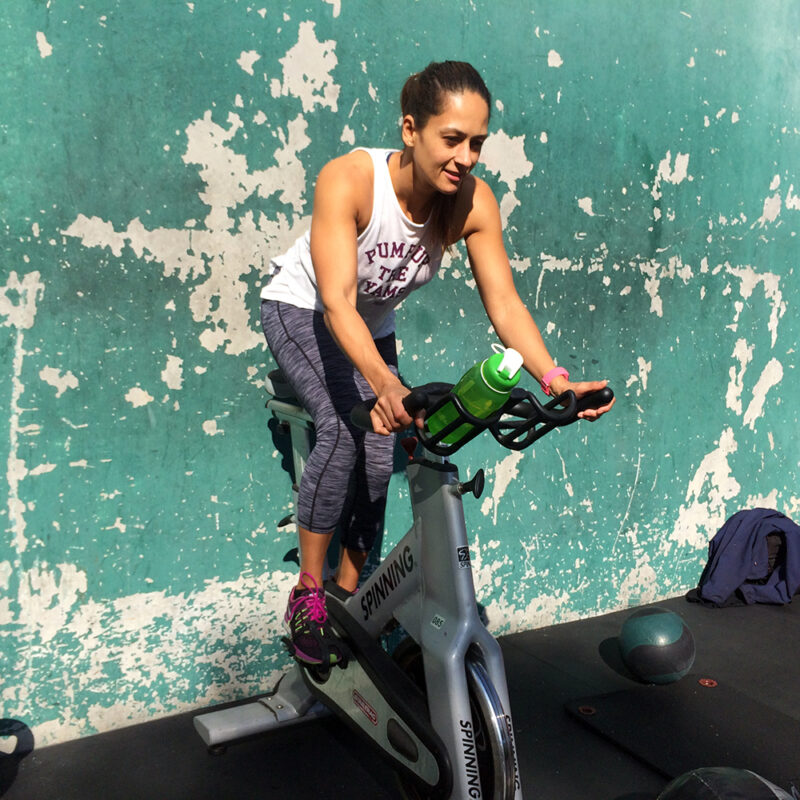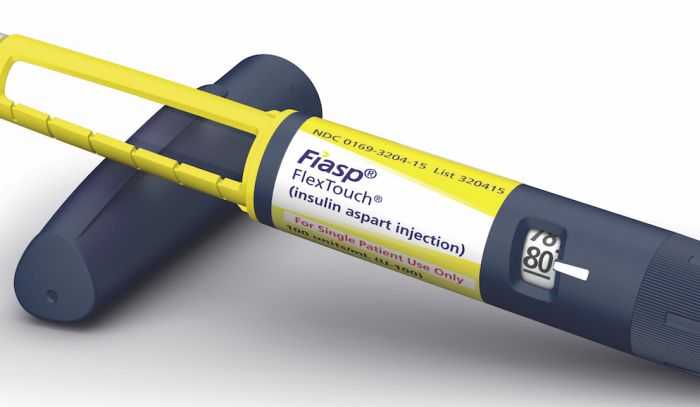
Who do you relate to more when it comes to diabetes management? An angel who follows the recommended guidelines (Jeremy/Gallant), or a stubborn hellion easily influenced by temptation (Steve/Goofus)? Check out some of these scenarios from Dr. E. and see if you are who you think you are.
read more →







